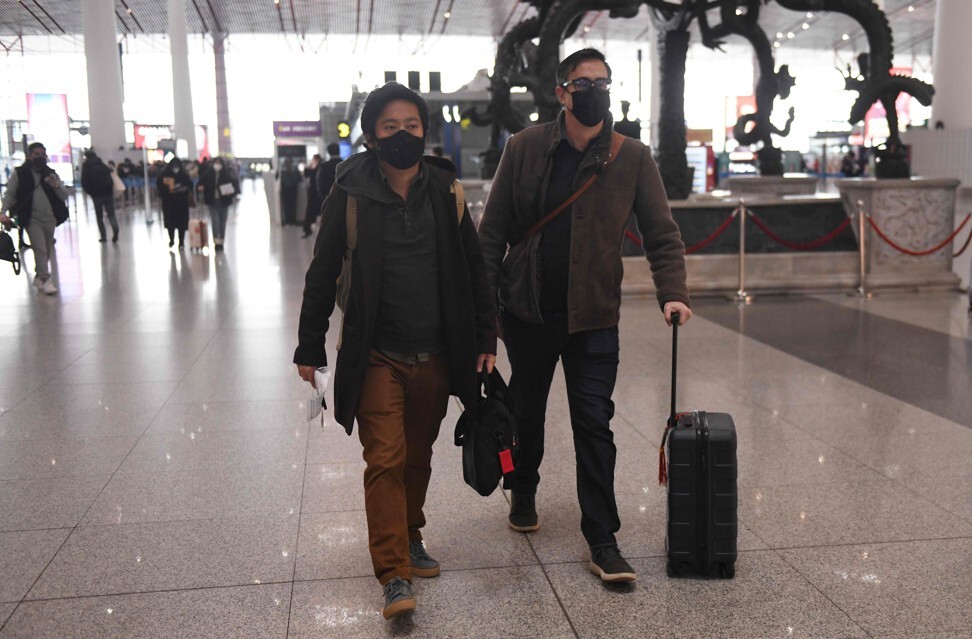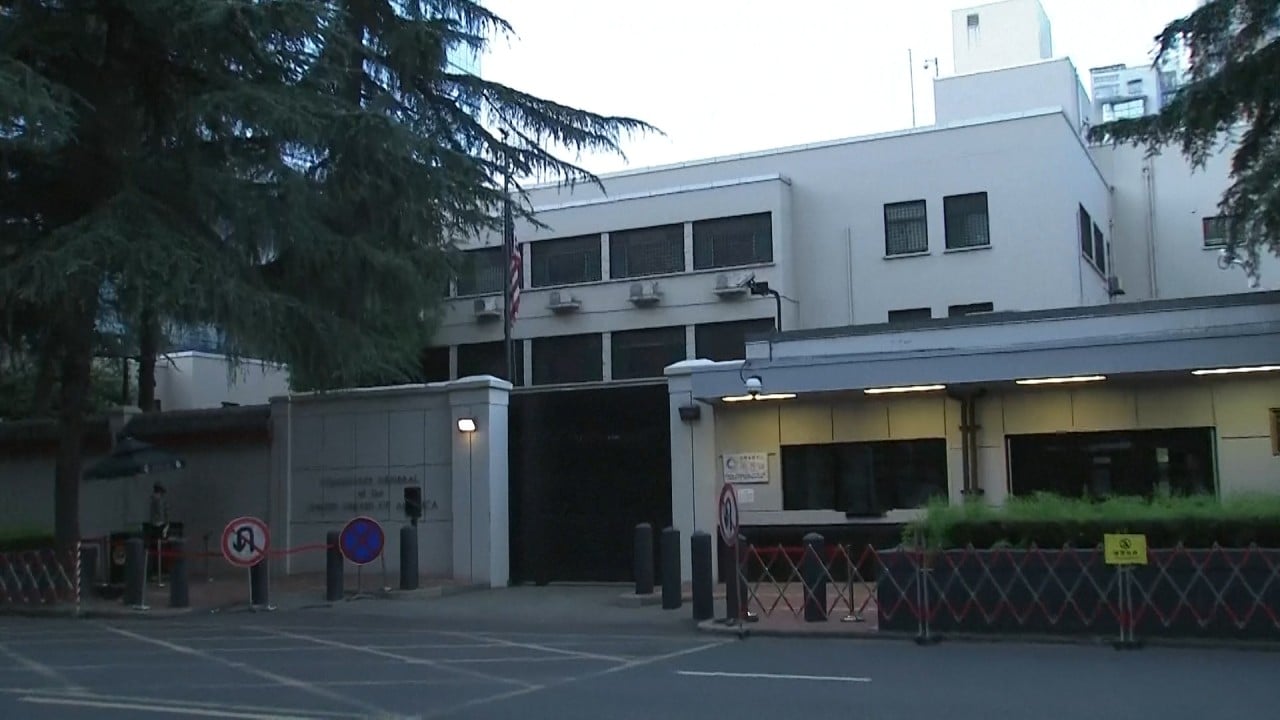
Why cultural decoupling from China and barring Chinese students will hurt the US more
- Instead of advancing US objectives by promoting American values, the Trump administration is playing into the hands of Beijing
- The US will miss out on contributions from Chinese students and China will benefit from the reverse brain drain
Although it remains to be seen whether economic decoupling will succeed in containing China, the strategic logic at least sounds compelling. Because China benefits from its economic ties with the US, severing them will inevitably weaken Chinese growth.

03:07
Stop offering ‘untrusted’ Chinese apps like TikTok and WeChat, Washington urges US tech companies
Cutting cultural, educational and journalistic ties between the US and China is unwise and counterproductive for America. Instead of advancing long-term US strategic objectives by promoting American values and maintaining the moral high ground, the Trump administration is playing into the hands of the Chinese government, which regards these ties as conduits for American ideological and cultural infiltration.

Without government-sponsored exchange programmes such as the Peace Corps and Fulbright schemes, the US will have no direct channels for engaging ordinary Chinese people, especially the young.
Through these programmes, Americans teach English, American history and literature, and Western social sciences, often in remote areas of China that have limited contact with the outside world.
Such activities help Chinese people gain a more accurate understanding of the US, and help neutralise official anti-American propaganda. Scrapping these programmes thus amounts to unilateral ideological disarmament by the US.
Some US retaliation against Chinese bullying of American journalists seems reasonable. But the Trump administration’s disproportionate expulsion of 60 Chinese journalists gave Beijing an excuse to do something it had wanted to do for a long time: throw out the best American reporters.
The mass tit-for-tat expulsions of US and Chinese journalists will hurt America far more than China. Whereas reporters at Chinese state-owned news outlets in the US do little serious independent reporting that could educate the Chinese public, American journalists who cover China – despite constant harassment and surveillance by the Chinese government – provide invaluable information about the country.
The loss of these channels will undercut US policymakers’ ability to track critical developments in China.

01:27
US consulate in Chengdu shut down in response to closure of China’s diplomatic mission in Houston
Finally, blocking Chinese graduate students from studying STEM subjects in the US would deprive America of top talent in these fields and help China to advance. Gifted Chinese students will instead go to other developed countries to study – and many of them will then return home, because STEM-related career opportunities outside the US are less plentiful.
While China will benefit from this reverse brain drain, the US will miss out on contributions from tens of thousands of engineers and scientists. Of the 31,052 PhDs awarded in all STEM fields in the US between 2015 and 2017, Chinese students received 16 per cent of the total, including 22 per cent of engineering PhDs and 25 per cent of those in mathematics.
Moreover, some 90 per cent of Chinese science and engineering students stay in the US for at least 10 years after completing their doctorates – the highest rate of any nationality.
Minxin Pei is Professor of Government at Claremont McKenna College and a non-resident senior fellow at the German Marshall Fund of the United States. Copyright: Project Syndicate

